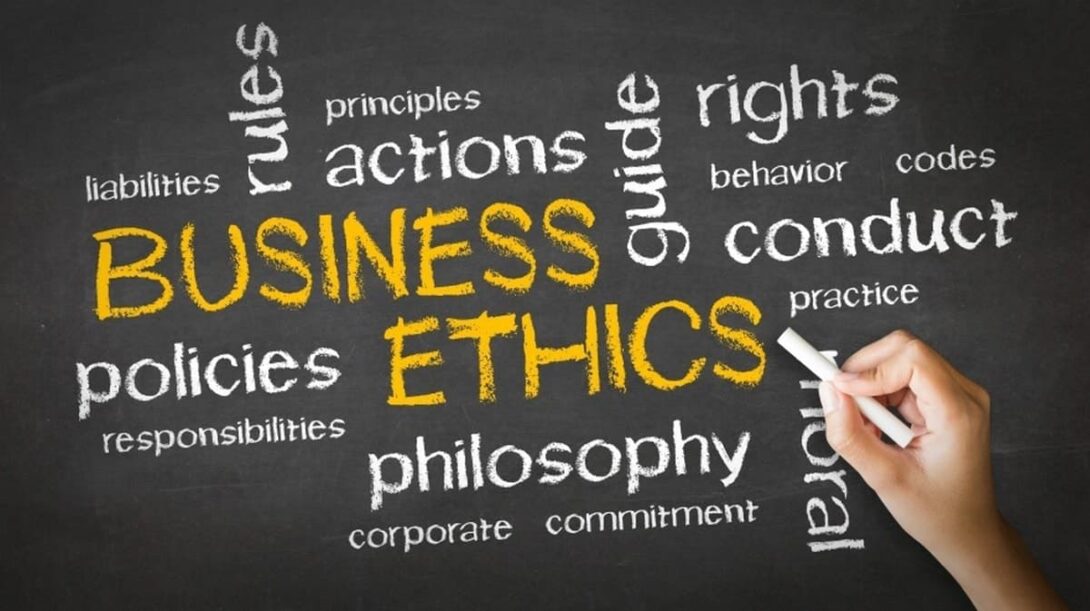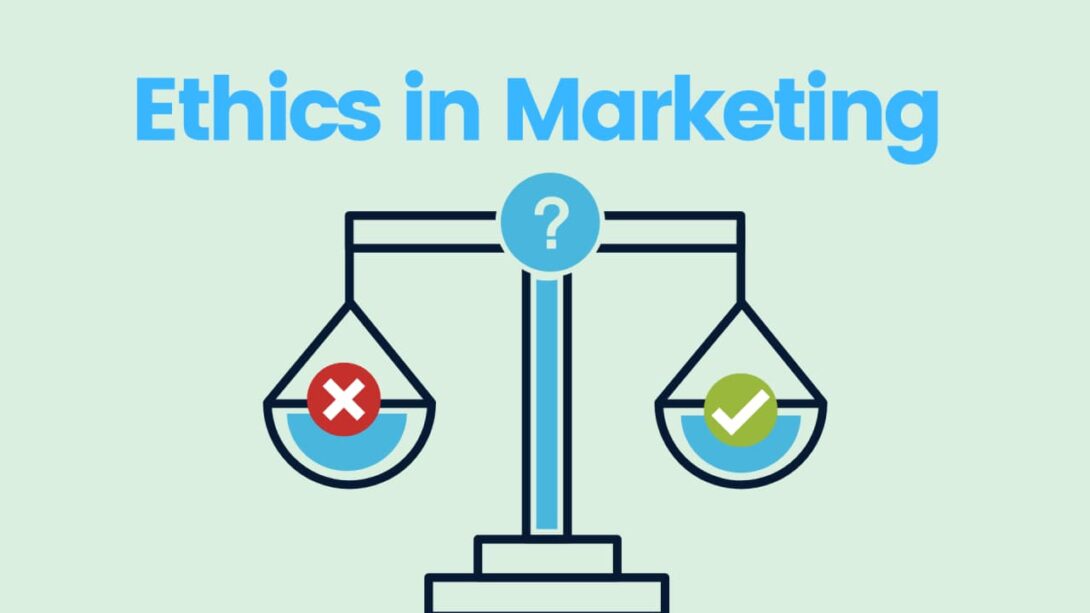Ethics in Marketing: Balancing Efficiency and Honesty
In the competitive landscape of modern marketing, companies are constantly seeking ways to outshine their competitors and reach their audience more effectively. However, as marketing strategies become more sophisticated, the line between persuasive and deceptive practices can blur. This article explores the importance of ethics in marketing, particularly how professionals can maintain a balance between efficiency and honesty, ensuring that their strategies not only achieve business goals but also respect consumer rights and foster trust.
The Challenge of Marketing Ethics
Marketing ethics involves the principles and standards that guide behavior within the marketing field. Ethical marketing respects the autonomy, privacy, and dignity of consumers, and avoids manipulative tactics. However, when performance pressures mount, the temptation to cross ethical lines can become stronger.
One poignant example is provided by a Polish marketer, Jakub Kowalski, who has worked with online casinos. Reflecting on his experiences, he notes:
“Praca w legalne kasyna w Polsce wymagała ode mnie nie tylko kreatywności, ale także stałego przypominania sobie o etycznych aspektach marketingu. Musimy pamiętać, że nasza praca nie tylko wpływa na wyniki sprzedaży, ale także na życie ludzi.” (Working in legal casinos in Poland required not only creativity from me but also a constant reminder of the ethical aspects of marketing. We must remember that our work affects not only sales results but also people’s lives.)
Kowalski’s statement underscores the need for marketers to consider the broader impact of their campaigns, highlighting that ethical considerations should not be overshadowed by the pursuit of profit.
Key Ethical Issues in Marketing
Several ethical issues are particularly prevalent in today’s marketing industry:
- Misleading Advertisements: Overstating the benefits of products or services.
- Invasion of Privacy: Using data in ways that have not been explicitly agreed to by consumers.
- Exploitation of Vulnerabilities: Targeting vulnerable populations with unsuitable products.
- Non-transparent Use of Algorithms: Deploying algorithms that manipulate consumer behavior without their knowledge.
Strategies for Ethical Marketing
To navigate the complex field of marketing ethics, professionals can adopt several strategies:
Transparency
Transparency involves being open about the nature of the products and the marketing tactics used. This includes clear communication about pricing, any associated risks, and realistic portrayals of product effectiveness.
Respect for Consumer Autonomy
Marketing strategies should respect consumer decision-making processes and avoid tactics that might coerce or unduly influence consumers. This involves providing complete and factual information that aids consumers in making informed choices.
Fair Targeting
Marketers should ensure that their targeting strategies do not exploit vulnerable segments of the population. This includes avoiding predatory practices that take advantage of consumers’ lack of knowledge or economic situations.
Compliance with Legal Standards
Adhering to legal standards is a fundamental requirement. Marketers should be well-versed with the laws and regulations governing their industry, which are designed to protect consumers and ensure fair competition.

Benefits of Ethical Marketing
Adopting ethical practices in marketing not only helps in building consumer trust but also enhances the long-term sustainability of businesses. Here are some key benefits:
- Customer Loyalty: Ethical marketing fosters trust, leading to stronger customer relationships and loyalty.
- Brand Reputation: Companies known for their ethical practices enjoy a better reputation, which can be a significant competitive advantage.
- Legal Safety: Ethical marketing reduces the risk of legal issues and penalties associated with deceptive practices.
- Employee Satisfaction: Companies that prioritize ethics generally see higher levels of employee satisfaction and retention.
Conclusion
In the realm of marketing, ethics should not be an afterthought but a core component of strategy development. As demonstrated by the insights from professionals like Jakub Kowalski, ethical marketing requires a balance of creativity, honesty, and a deep understanding of the impact on consumers’ lives. By embedding ethical considerations into their strategies, marketers can ensure not only commercial success but also contribute to a more honest and consumer-friendly business environment. This approach ultimately leads to a win-win situation for both businesses and consumers, paving the way for a more sustainable and trust-based marketplace.



